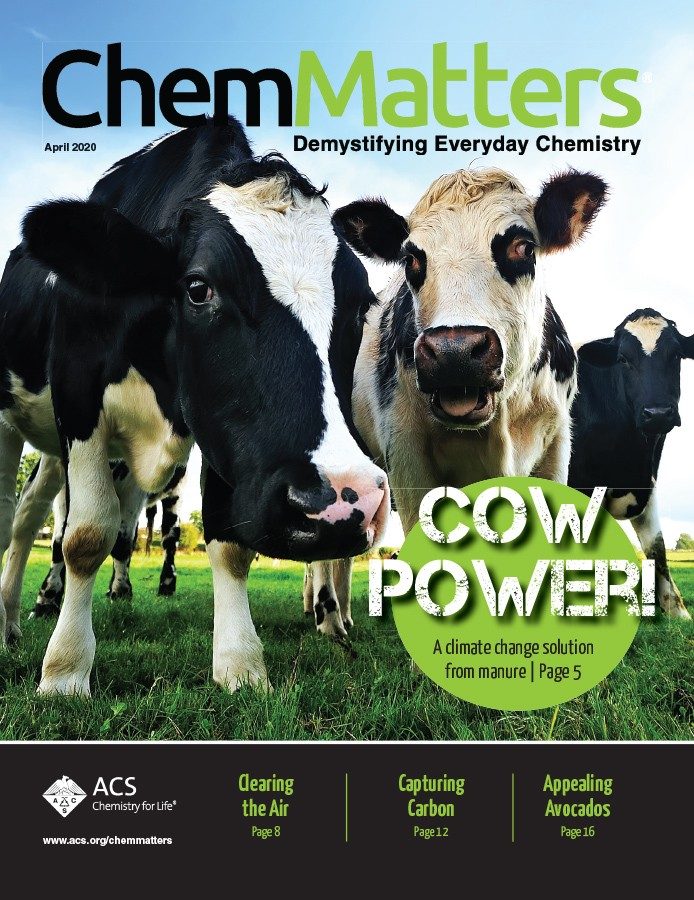April-2020
Attention ChemMatters print-only subscribers:
In response to the growing need to teach chemistry remotely, ChemMatters magazine is offering a digital version of the October 2019-April 2020 issues to all current print-only subscribers.
- If you already receive emails from us, then keep an eye on your inbox. We will send additional information through email.
- If you have never received an email from us, it’s likely we do not have your email address on record. Complete the digital access form at bit.ly/ChemMattersPrintSubscribers to receive ChemMatters' digital version.
Features
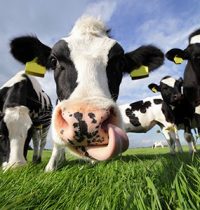
Cow Power: A Climate Change Solution From Manure
By Katie Navarra
As the world heats up, farmers are figuring out what they can do to help fight climate change. A growing number are turning a greenhouse gas that comes from raising animals into a source of energy.
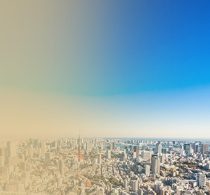
Clearing the Air
By Jeffrey Deakin
More than 70 years ago, a deadly smog helped spur a national fight against air pollution. Today, most of us breathe cleaner air, but at least one primary pollutant is still putting the health of many at risk.
*Available by subscription only
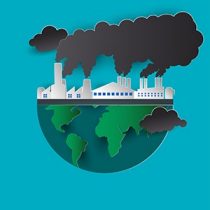
Capturing Carbon
By Jeff Johnson/Chemical & Engineering News
The huge amount of carbon dioxide the world has released into the atmosphere is causing the climate to change. Learn what methods scientists and others are using to remove the greenhouse gas from the air.
Five Ways to Reduce Your Carbon Footprint (PDF)
*Available by subscription only
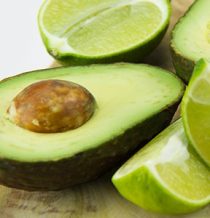
Why Avacados Are So Appealing
By Raadhia Patwary
Avocados have become so popular that entire merchandise lines have been devoted to them. How did the once obscure fruit become a common ingredient to smear on toast, blend in smoothies, and top our salads?
*Available by subscription only
Featured Video
Departments

Open for Discussion: Is Your Phone Sustainable?
By Michael Tinnesand
If atoms are forever, what does it mean to run out of certain elements? Do they age and wear out? If the supply of indium runs dry, would this mean the end of touchscreens?
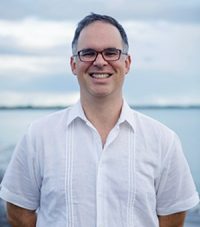
Chemistry in Person: Protecting Water from Fire
By XiaoZhi Lim
Fernando Rosario-Ortiz, an environmental chemist at the University of Colorado, Boulder, studies how water and soil chemistries change after a wildfire, and advises local drinking-water providers in Colorado and elsewhere on how to treat water from burned watersheds.

